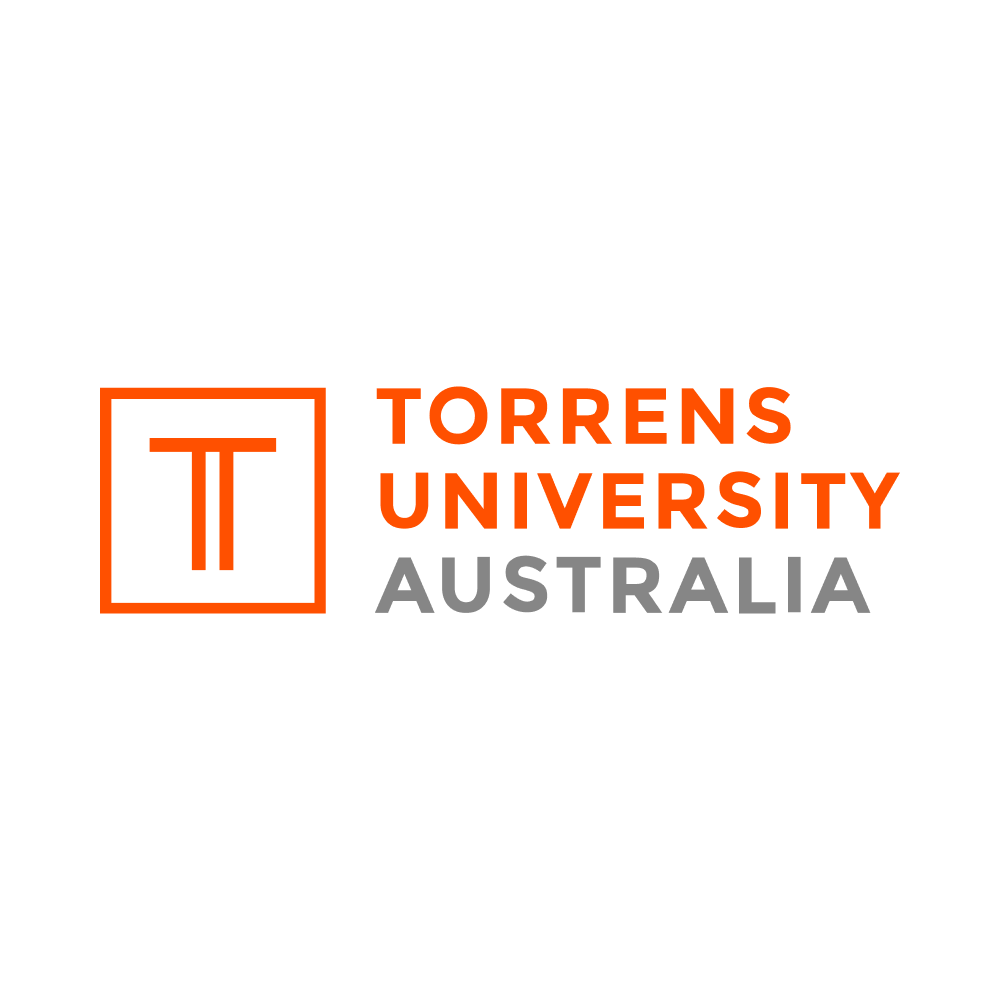Torrens University Australia
Master of Economics of Sustainability
- Delivery: Online
- Study Level: Postgraduate
- Duration: 18 months
- Course Type: Master's
Develop your critical thinking, problem-solving and reasoning skills. This course is co-delivered with the research institute Modern Money Lab.

Course overview
The Master of Economics of Sustainability advances your career with high-level skills and knowledge in ecological economics, modern monetary theory and financial systems.
Learn to analyse economic and ecological issues, discuss economic reform proposals, evaluate consequences of economic policy changes and apply empirical research methods in varying contexts. This unique course is designed to meet the growing global demand for high-quality graduates in the field of economics of sustainable wellbeing. Graduation from this degree will provide you with expanded work opportunities as well as long-term career advancement in a world that is transitioning towards wellbeing budgets and zero net carbon emissions. The Master of Economics of Sustainability degree also provides a pathway to doctoral studies.
Key facts
14th September, 2026
What you will study
To complete the Master of Economics of Sustainability (Partnership with Modern Money Lab), you must complete nine core subjects and three electives.
Core subjects
- Foundations of Real-World Economics
- Foundations of Modern Money, Institutions and Markets
- Data Analysis for Economic and Ecological Issues
- Contending Perspectives in Economic Analysis
- Ecological Economics
- Real-World Microeconomics
- Macroeconomics of the Real World
- Methods of Empirical Investigation
- Professional Economic Writing
Electives
- International Finance and Modern Monetary Theory
- Sustainable Health Economics
- Inequality, Equity and Employment
Entry requirements
Before you begin your application to study as a domestic student, check that you meet at least one of the requirements listed below.
Students with a cognate UG background
- An Australian Bachelor's degree (AQF Level 7) or equivalent, or a higher-level qualification from a recognised tertiary institution.
Students with a non-cognate UG background
- Any Australian Bachelor's degree (AQF Level 7) or equivalent; AND
- At least two years post-degree professional work experience.
Applicants without formal qualifications are eligible to apply if they have five (5) years’ work experience (of which 3 years is managerial).
Recognition of Prior Learning
If you have already completed a qualification or gained skills through life or work experience, you may be able to credit this against your degree with Torrens University Australia. Contact the university for more information.
Outcomes
Learning outcomes
To meet the learning outcomes of the Master of Economics of Sustainability courses, you are required to demonstrate:
- Oral and written communication skills applicable to present advanced concepts related to ecological economics and modern monetary theory, financial and monetary systems to businesses, policy makers and broader communities.
- Analytical and critical thinking skills in drawing economic insights based on varying schools of thought in economics and other disciplines.
- Problem solving, quantitative and qualitative reasoning skills in analysing economic and ecological issues.
- Listening, comprehension and cognitive skills in discussing economic reform proposals and evaluating the consequences of economic policy changes.
- Critical analysis skills and the ability to undertake literature review and to apply empirical research methods in the varying economic policy contexts.
Career outcomes
On graduating from the Master of Economics of Sustainability, you can find work in a wide variety of institutions as economists and in other roles.
Potential career paths:
- Trade policy advisor
- Sustainable finance lead
- Financial analyst
- Sustainability development adviser
Fees and FEE-HELP
Indicative subject price in 2026: $3,566 (domestic full-fee paying place)
Estimated first-year price in 2026: $28,528 (domestic full-fee paying place)
Student fees may vary in accordance with:
- The number of subjects studied per term.
- The choice of major or specialisation.
- Choice of subjects.
- Credit from previous study or work experience.
- Eligibility for government-funded loans.
You may also need to pay the student services and amenities fee.
Student fees shown are subject to change. Contact the university directly to confirm.
FEE-HELP loans are available to assist eligible full-fee paying domestic students with the cost of a university course.

















